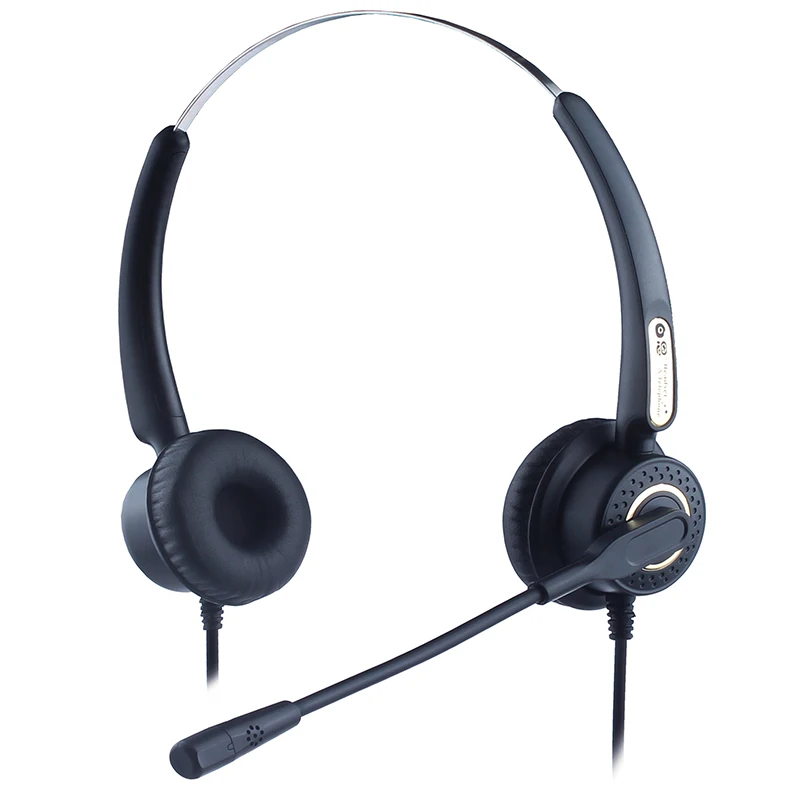Preventing the spread of disease at your workplace
One piece of equipment that is most vulnerable to the spread of germs? Your visitor check-in kiosk. There is a super-easy fix, however. Either start disinfecting your check-in kiosk between visitors, or switch to a contactless visitor management system.

To effectively prevent the spread of disease at your workplace, you need prevention measures in place. For example, if you use hand sanitizing and hand washing as part of your plan, then you should consider training your employees on how to use this method correctly. Some of the things you can do include:
Training hand washers by way of a poster at the entrance to your office or building. If there are lots of kids around, they may get distracted when they see the poster. After all, it is not fair to have kids who are probably using the hand wash room and feel self-conscious that their hands are not clean.
The problem will be compounded if you have elderly, young children or disabled people around. They will find it impossible to wash their hands properly. So, it is important to have these classes in place and having the posters in place is just one method of getting your employees to participate in them.
You can also have handwash stations installed in areas where younger employees and children frequent the most. These stations should be easily accessible by everyone. They should have enough supply of disposable plastic gloves, bottles of hand wash, and clear containers that the employees can rinse their hands in.
You should consider creating a policy requiring employees to wear disposable surgical gloves and use alcohol-based hand santizer at all times. This is another simple, inexpensive method of preventing the spread of disease at your workplace. It also has the added benefit of avoiding lawsuits from employees who feel ill at ease because they cannot get to the handwashing station to wash their hands.
If you choose to create handwashing stations outside the building, you can provide paper handbills to employees that they can use to wash their hands, but these should be placed at strategic locations so that employees can find them easily. Not only will this save time, but it also takes the strain off of you.
You can also employ a restroom facility that uses an automatic dispenser for sanitizing hands. Some of these are automated so that they dispense the right amount of sanitizer as needed. You can also arrange for your employees to use these devices at their workstation.
Another popular place to put these devices is inside your kitchen. You could use counters in your kitchen and install a machine that dispenses the appropriate amount of sanitizer. All you need to do is place the dispenser at the correct location.
In addition to sanitizing hands, you must also keep any boxes of sanitizer that you use for your specific business under lock and key. When it comes to preventing the spread of disease at your workplace, one of the most important things to do is to never share your sanitizer with anyone. But if your workmates or your secretary finds the lock, they will certainly think that it is OK to open the box and use the sanitizer on their hands, which is illegal and they could get fired.

You should also keep your sanitizer in a location where it can be easily seen, such as inside a cabinet or behind a piece of equipment, but still keep it locked up securely. Your employees should know where the lock is, but you should not have them unlock it. Instead, you should teach them how to properly sanitize their hands after they've used the machinery.
The amount of effort it can take to keep offices clean can be huge. Consider letting employees work from home, where possible. With high quality call center headsets and video conferencing, employees can be fully involved and collaborating with colleagues and clients.
With the proper prevention measures in place, you'll have far fewer cases of disease at your workplace. You'll also make sure that your employees have maintained proper hygiene and good relationships with you and the other staff.